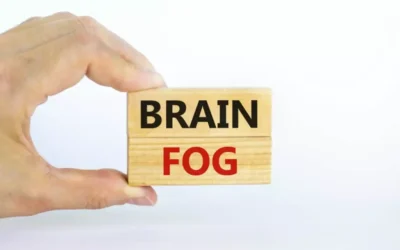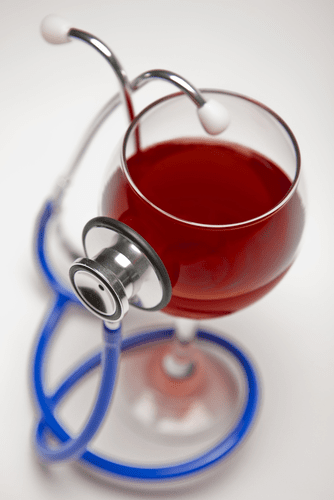We are in touch with several rehab centres offering heroin addiction treatment in the UK. If you decide that treatment is something you’d like to pursue, we’re here to help with finding you the best rehab centre to fit your needs. Inpatient treatment is considered so effective because it removes a person from the immediate environment they are accustomed to using heroin in.
What are the principles of effective treatment?
There’s also criticism the trial will take too long to set up, with the $36 million centre not due to open until 2026. If you think a friend or family member is using heroin, don’t wait and hope things will get better. This means it causes health problems, disabilities, and trouble at home, work, or school. The number of people in the United States who use heroin has risen steadily since 2007.
Seattle to open short-term recovery center for people after a fentanyl overdose
Officials estimate the site will serve 20 to 25 clients per day. Aside from regular therapy, a person will also receive various addiction treatment daily. The treatment a person receives will be dependent upon the rehab programme they attend. From learning new ways to relax and manage stress to developing new patterns of thinking and behaviour, all the treatment a person receives will help guide them away from the need they feel to use. When a person gets heroin addiction treatment, talking to a professional therapist or counsellor will take place on a regular basis.
Reduced drug use is a meaningful treatment outcome for people with stimulant use disorders
You can find heroin rehab or support groups by calling a heroin hotline. These toll-free services provide free information to people affected by heroin addiction. Because addiction can affect so many aspects of a person’s life, treatment should address the needs of the whole person to be successful. Counselors may select from a menu of services that meet the specific medical, mental, social, alcohol effects in the brain occupational, family, and legal needs of their patients to help in their recovery. The chronic nature of addiction means that for some people relapse, or a return to drug use after an attempt to stop, can be part of the process, but newer treatments are designed to help with relapse prevention. Relapse rates for drug use are similar to rates for other chronic medical illnesses.
Regional towns are relying on importing nurses like Mae, who take the jobs at a huge personal cost
This has been a significant barrier to implementation of XR-naltrexone. The many effective behavioral treatments available for opioid use disorder can be delivered in outpatient and residential settings. Approaches such as contingency management and cognitive-behavioral therapy have been shown to effectively treat heroin use disorder, especially when applied in concert with medications.
- Officials estimate the site will serve 20 to 25 clients per day.
- They can help arrange a safe and effective treatment plan that minimizes health risks.
- A dose of Narcan can trigger intense withdrawal symptoms and can lead people to seek more fentanyl.
- Other opioids can be used under the supervision of a medical doctor, unlike heroin, which is illegal in the United States.
- People who misuse opioids such as heroin may have an opioid use disorder (OUD).
The length of time a person detoxes from a heroin addiction depends upon the nature of their addiction. Everyone experiences addiction differently, recovery and new life at chelsea house and detox from an addiction is no different. How long, how much, and how often a person has been using will all determine how long detox lasts.
It may help to get an independent perspective from someone you trust and who knows you well. You can start by discussing your substance use with your primary care provider. Or ask for a referral to a specialist in drug addiction, such as a licensed alcohol and drug counselor, or a psychiatrist or psychologist. If you or someone you know is struggling, treatment is available.
When people addicted to opioids like heroin first quit, they undergo withdrawal symptoms (pain, diarrhea, nausea, and vomiting), which may be severe. Medications can be helpful in this detoxification stage to ease craving and other physical symptoms that can often prompt a person to relapse. The FDA approved lofexidine, a non-opioid medicine designed to reduce opioid withdrawal symptoms. While not a treatment for addiction itself, detoxification is a useful first step when it is followed by some form of evidence-based treatment.
This has similar criteria to an OUD but refers to the misuse of a variety of substances rather than opioids, such as heroin, specifically.Learn more about addiction symptoms. During this phase of treatment, you may be prescribed another medication to minimize heroin withdrawal symptoms. While the medication selected depends on your unique needs, i need help dealing with my angry and alcoholic mother it may work to stimulate or block your opioid receptors. Many people benefit from a combination of behavioral and medical treatments. Therapy also helps people recovering from heroin addiction recognize and understand their dysfunctional behaviors. It teaches them strategies to overcome difficult situations without resorting to drug use.
To enhance the safety of detox, it’s best the person is medically supervised. If you suspect that you or someone you care about has a heroin addiction, talk with a professional. This can include a mental health professional like a licensed drug or alcohol counselor or a social worker, physician, or psychiatrist.




